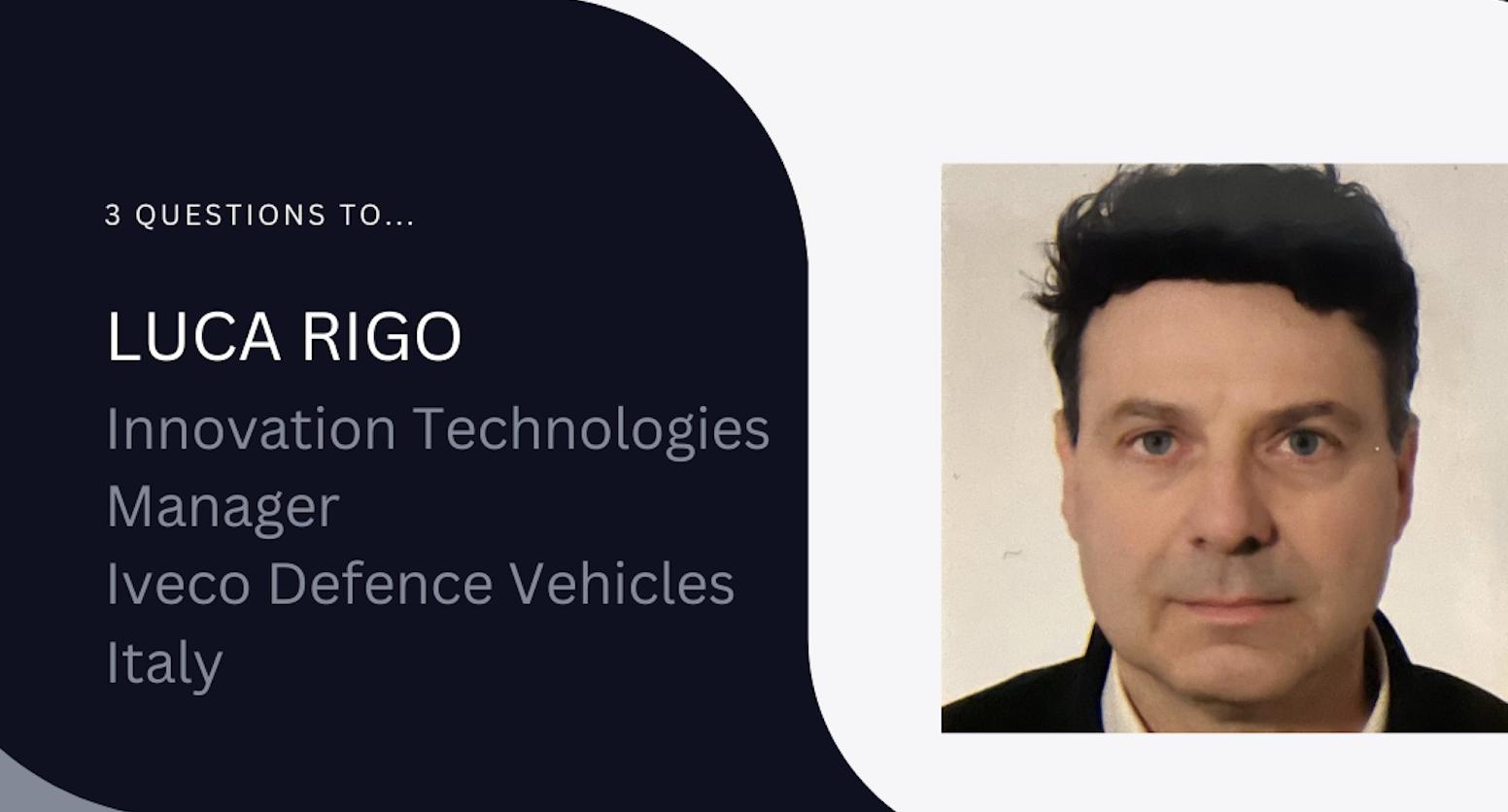3 questions to… Luca Rigo from Iveco Defence Vehicles
13.06.2024
We asked 3 questions to Luca Rigo from Iveco Defence Vehicles (Italy).
Why did your company get involved in the COMMANDS project?
DV had been involved in COMMANDS project for its wide range of platforms, all of them suitable for autonomous systems technologies integration. The fact that innovative unmanned technologies had been previously integrated and test proven on IDV trucks in other funded projects (ARCO and PALONA) necessarily contributed to IDV involvement in the proposal set-up.
What is your specific role in the project?
As IDV Innovation Technologies Manager and COMMANDS Program Manager, I’m in charge of managing and supervising all activities related to the project management by evaluating correct strategies and providing fair commitment to achieve project goals and respect due timelines.
In addition, I support the chief engineer of the project in the activities associated to the design of the optionally uncrewed truck platform, from the mechanical and electronic integration analysis of the technologies that we are going to install on the vehicles, to the prototyping and testing, ensuring that the project requirements and consortium needs are properly translated into the technology IDV is asked to contribute with, in an efficient, timely-fashion and optimized manner.
How do you see the added value of COMMANDS for the European armed forces?
The main value of COMMANDS is to foster the construction of a cooperative and shared European Defence environment, where collaborations and synergies are fostered and not considered a weakness or a remote option. Only by working and spending together we can maximize economies of scale, reduce the fragmentation of the Defence Industry sector, and tackle to the large costs of high-end capabilities and prevent unnecessary duplication.
Thanks to projects like COMMANDS, in which prototyping and demonstrations have a pivotal role, it is possible to actually showcase to the key player of the EU Defence sector that achieving the concepts of interoperability and openness is not something far in the future.